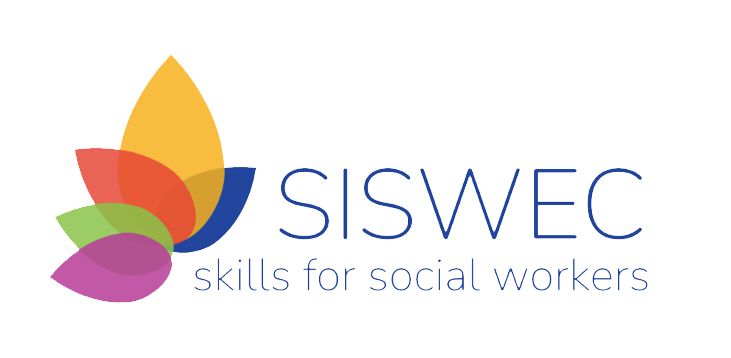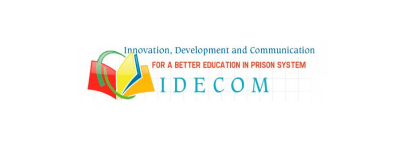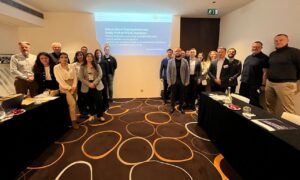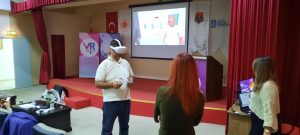The EU needs to harmonise social workers' education, training, and action modalities. The profession is not limited to an assisting role, so the training and education of social workers should cover topics around empowerment and self-determination.
A transnational initiative emerged from this need, aimed at developing new training methods and content adapted to current and future social evolution and challenges.
In social work, Europe still has to harmonise training, action modalities and training content. The fields of intervention are relatively homogeneous, but the methods and action tools are disparate, mainly due to the nature of the purpose of social work. Although the concept has equivalents in most European countries, delineating the scope of social work is a complex issue in many countries across the European Union and beyond.
On the other hand, the social work professions are in crisis, and higher education institutions find it increasingly difficult to recruit candidates for their programmes. Monetary compensation for professionals is just one of the factors contributing to the decrease in the attractiveness of social work.
Social action is progressively more complex, the public that uses social services is ever more precarious, and the loss of the relationship quality weakens future social workers and makes the job harder and less satisfying.

European social workers share challenges and education/training needs
European social workers share challenges such as the increase of poor workers, the ageing of the population, and the issues linked to ethnocultural diversity, health crises, and wars. Therefore, universities need to update the training so that future social workers can face complex contemporary challenges and work towards social inclusion across Europe.
This is the context that sets the motto for the SISWEC project. SISWEC is based on two motivations with a social dimension: to prepare future social workers for the new needs of a Europe in crisis and to harmonise training in a dual approach of academic excellence and social relevance. The project aims to update the knowledge of schools, institutes and universities on these dimensions of social activity and social work.
SISWEC to contribute to preparing social workers for the current societal evolution and challenges
The partnership has been together in Toulouse for the first project meeting (14-15 November, 2022), where partners met each other and discussed project activities. The following steps will be the development of research on the social work training offer in each of the consortium’s countries. This will provide an overview of the existing training and the identification of Best Practices as a baseline for the project
Know more about this project

SISWEC
Strengthening the skills of social workers in a Europe in crisis
The SISWEC project consortium is coordinated by the Association Les Militants des Savoirs (“The Conveyors of Knowledge” Association, France), and partnered by IPS_Innovative Prison Systems (Portugal), the Free University of Bozen-Bolzano (Italy), Salzburg University of Applied Sciences (FH Salzburg, Austria), the University of Nicosia (Cyprus), the Institut de Formation, Recherche, Animation, Sanitaire et Social (IFRASS, France), the European Social Network (Belgium), and the Institute of Public Affairs (Instytut Spraw Publicznych, Poland).
To learn more about this project visit its page.
Related projects



SISWEC
Strengthening the skills of social workers in a Europe in crisis


PROMOTE
Promoting Integrated Professional Development for Prison Practitioners in Vocational Excellence for Offender Reintegration


Probationet
A flexible, multidisciplinary and transnational VET model for the PROBATION services and practitioners


PO21
European Prison Officers for the 21st Century


LEADCOR
Leadership development for occupational stress reduction in correctional settings


Itinerariul Dialog
Social dialogue for better prisons


IDECOM
Innovation, Development and Communication for a better Education in Prison Systems


ECOPRIS
Ecological Economics in Prison Work Administration


DIGITWG
DIGICOR Digital Transition Working Group


CCJ4C
European Career Counselling Guidelines for Staff Working in Criminal Correctional Justice System
Related news


Enhancing child-friendly juvenile correctional training across Europe: IPS presents key findings at CRS 2025
Read More »

IPS hosts international training event on preventing radicalisation and violent extremism in prisons
Read More »





